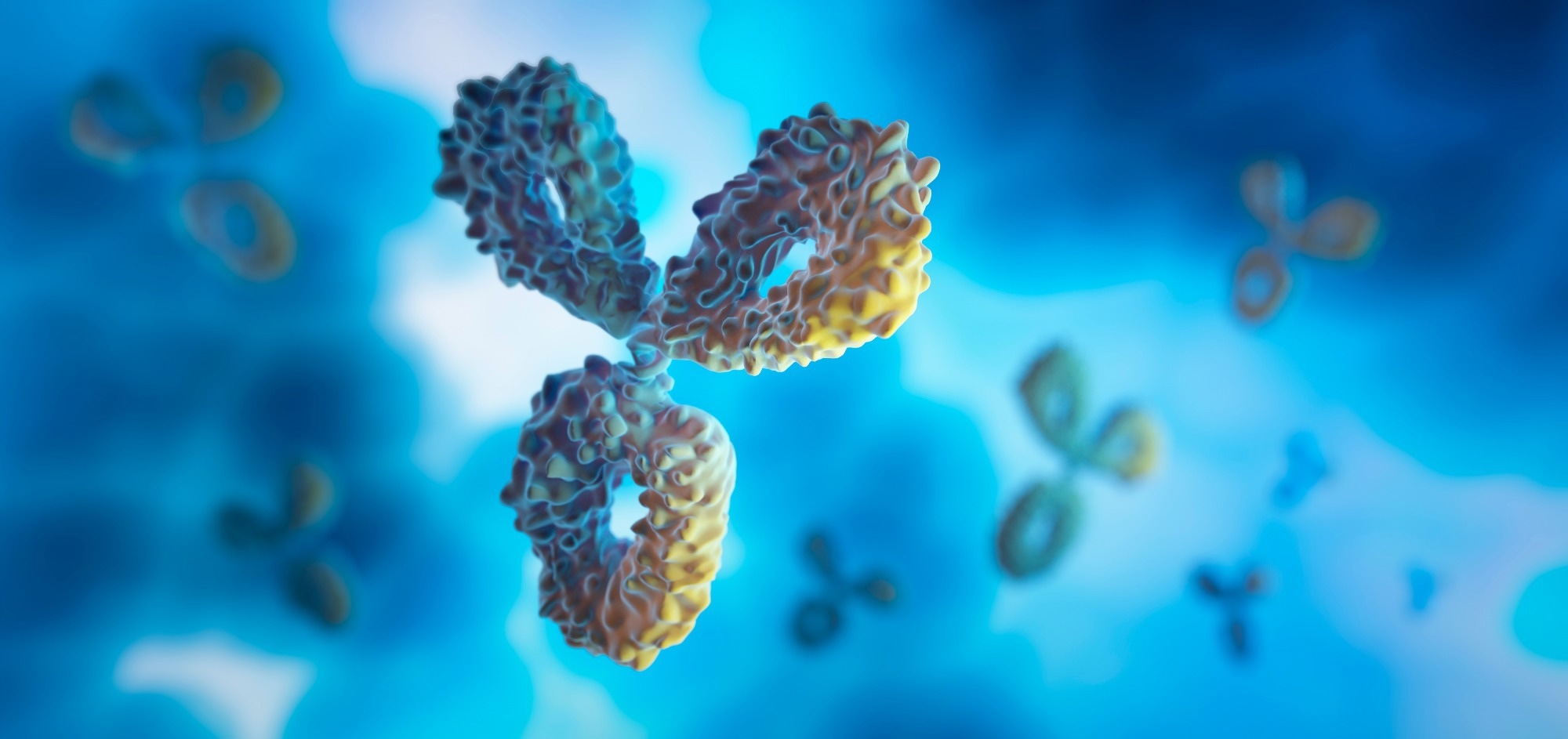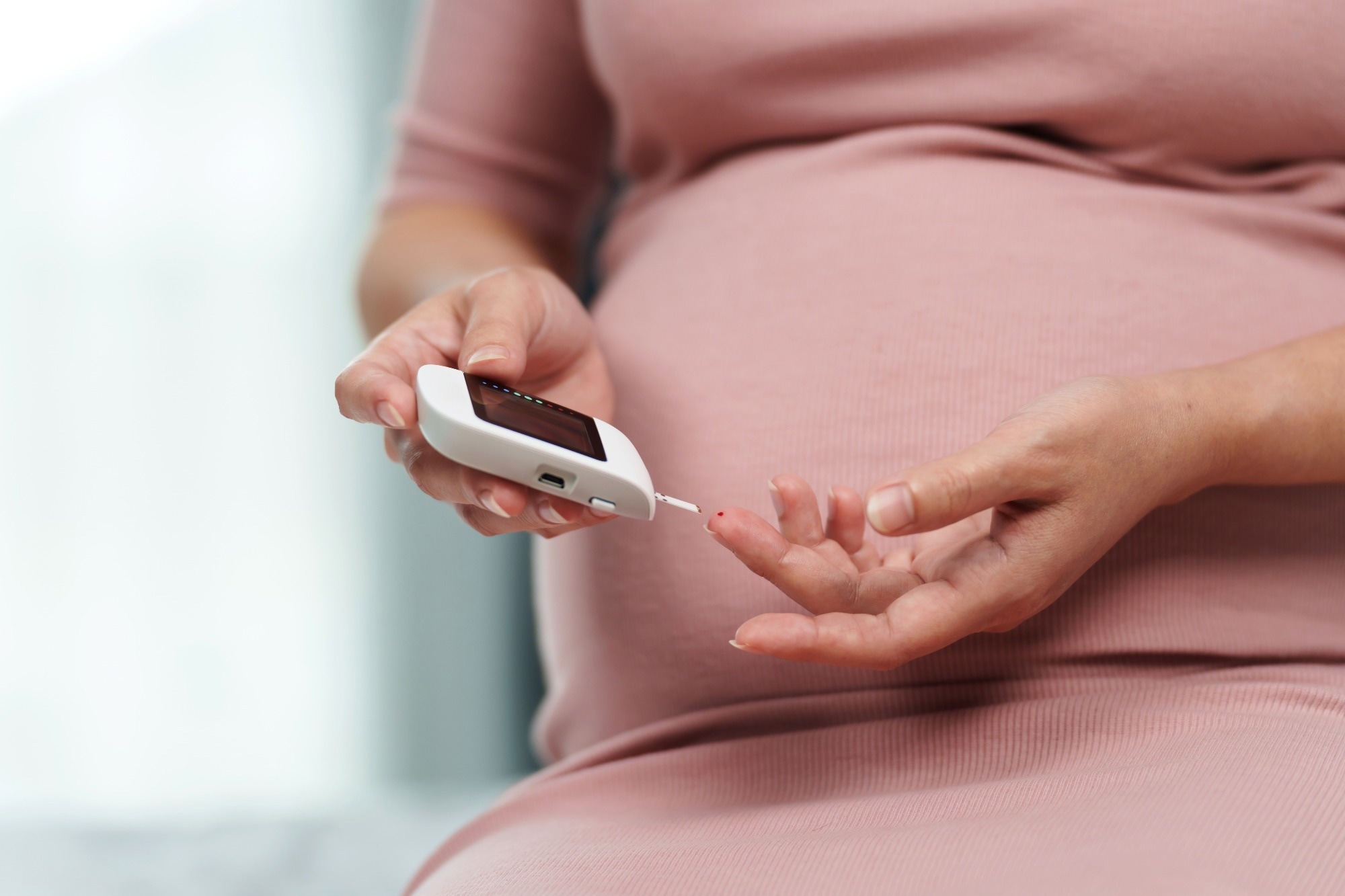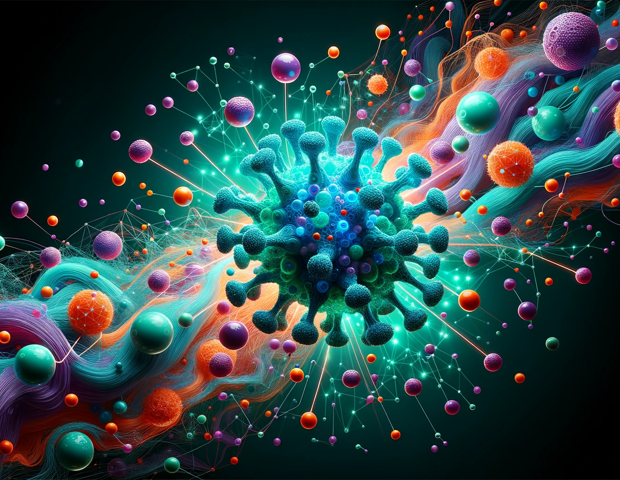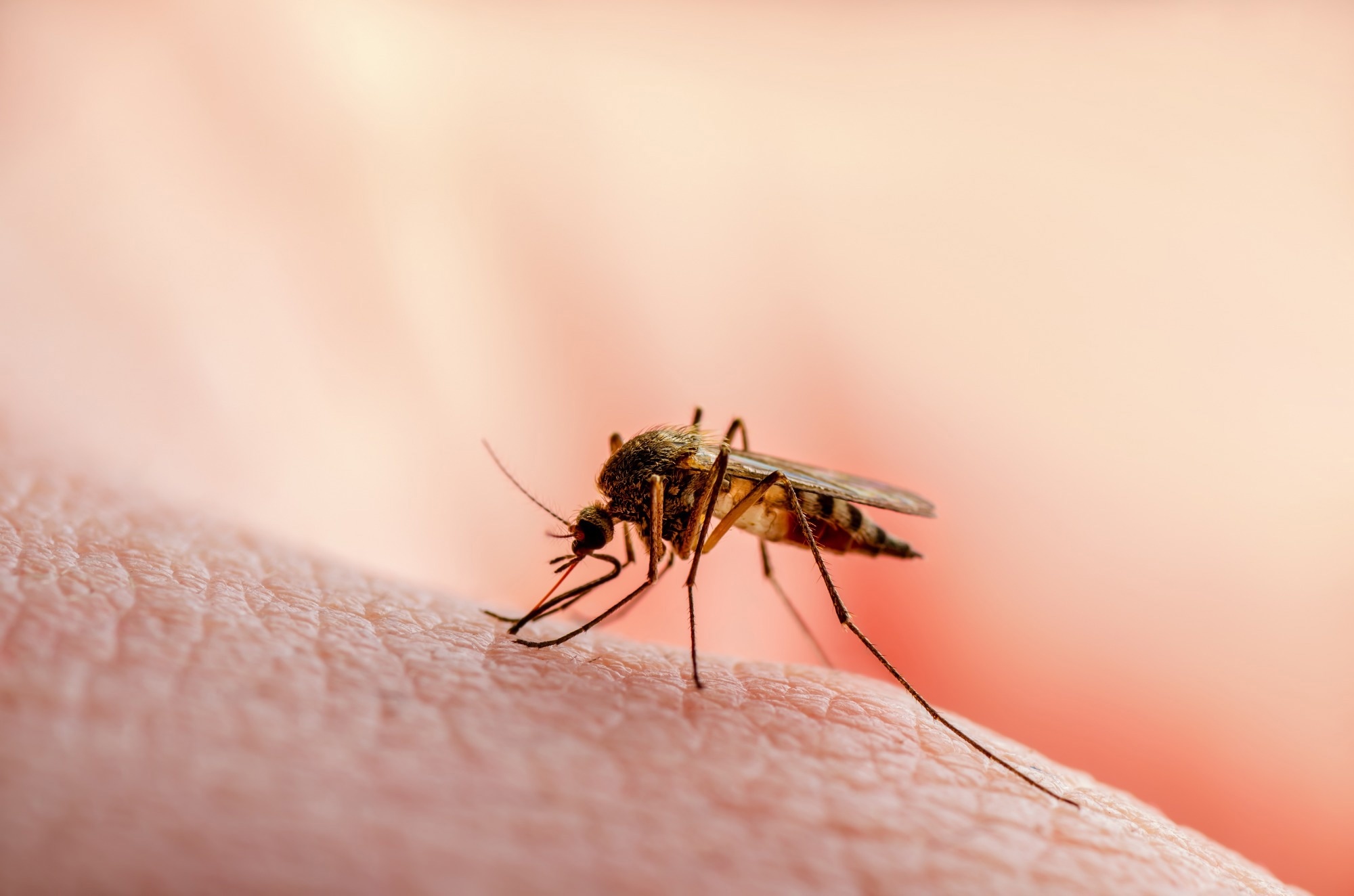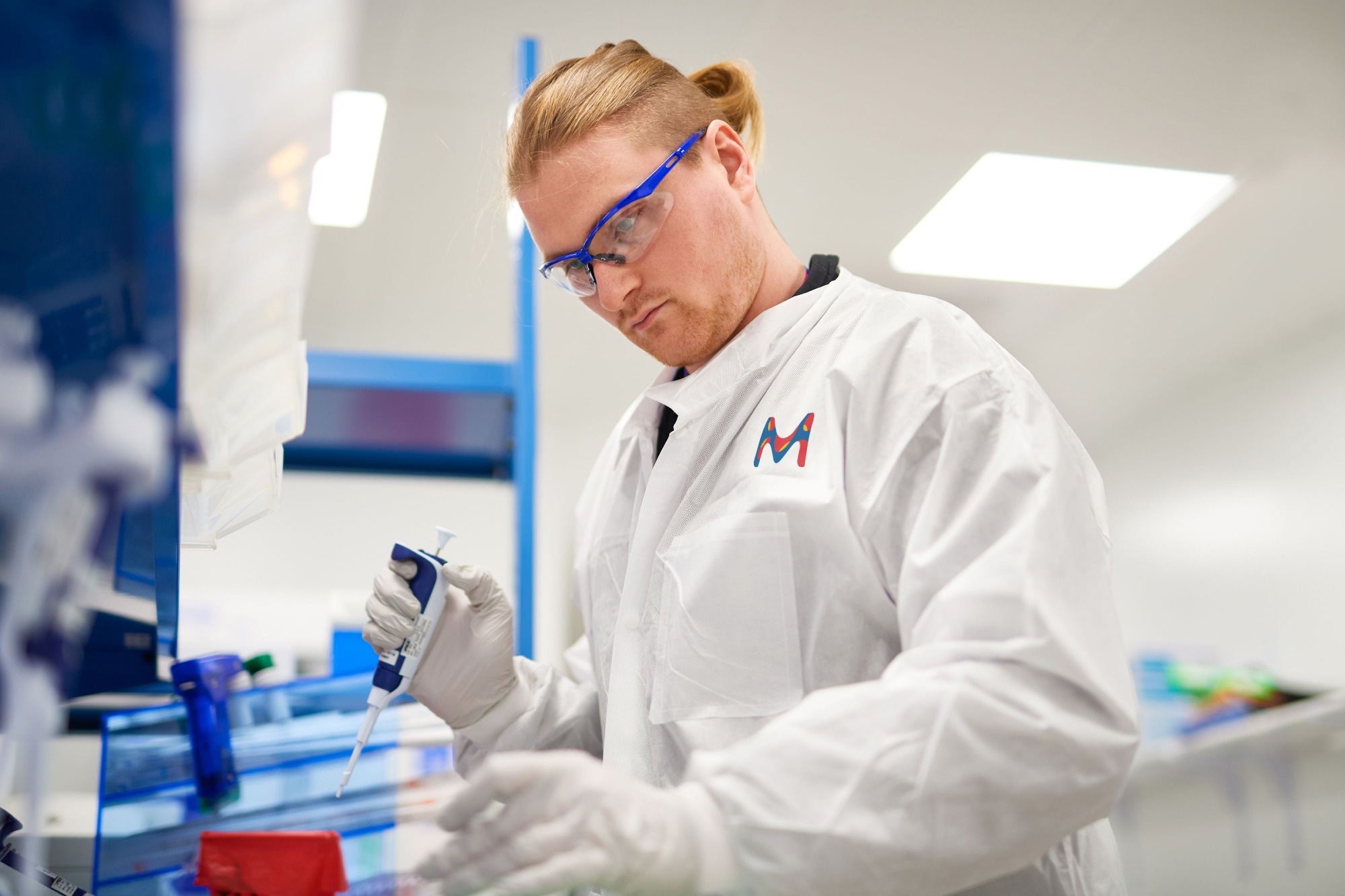A recent study published in the journal Scientific Reports evaluated the durability of neutralizing antibody (nAb) responses induced after severe acute respiratory syndrome coronavirus 2 (SARS-CoV-2) vaccination.
The Food and Drug Administration (FDA) authorized two messenger ribonucleic acid (mRNA)-based vaccines (BNT162b2 and mRNA-1273) and one adenovirus vector-based vaccine (Ad26.COV2.S) for emergency use for protection against SARS-CoV-2. While these vaccines confer significant protection against severe coronavirus disease 2019 (COVID-19), increasing evidence suggests a waning of protection over time. In addition, studies have identified several predictors of nAb responses to vaccination. However, less is known about the durability of nAb responses by vaccine type.
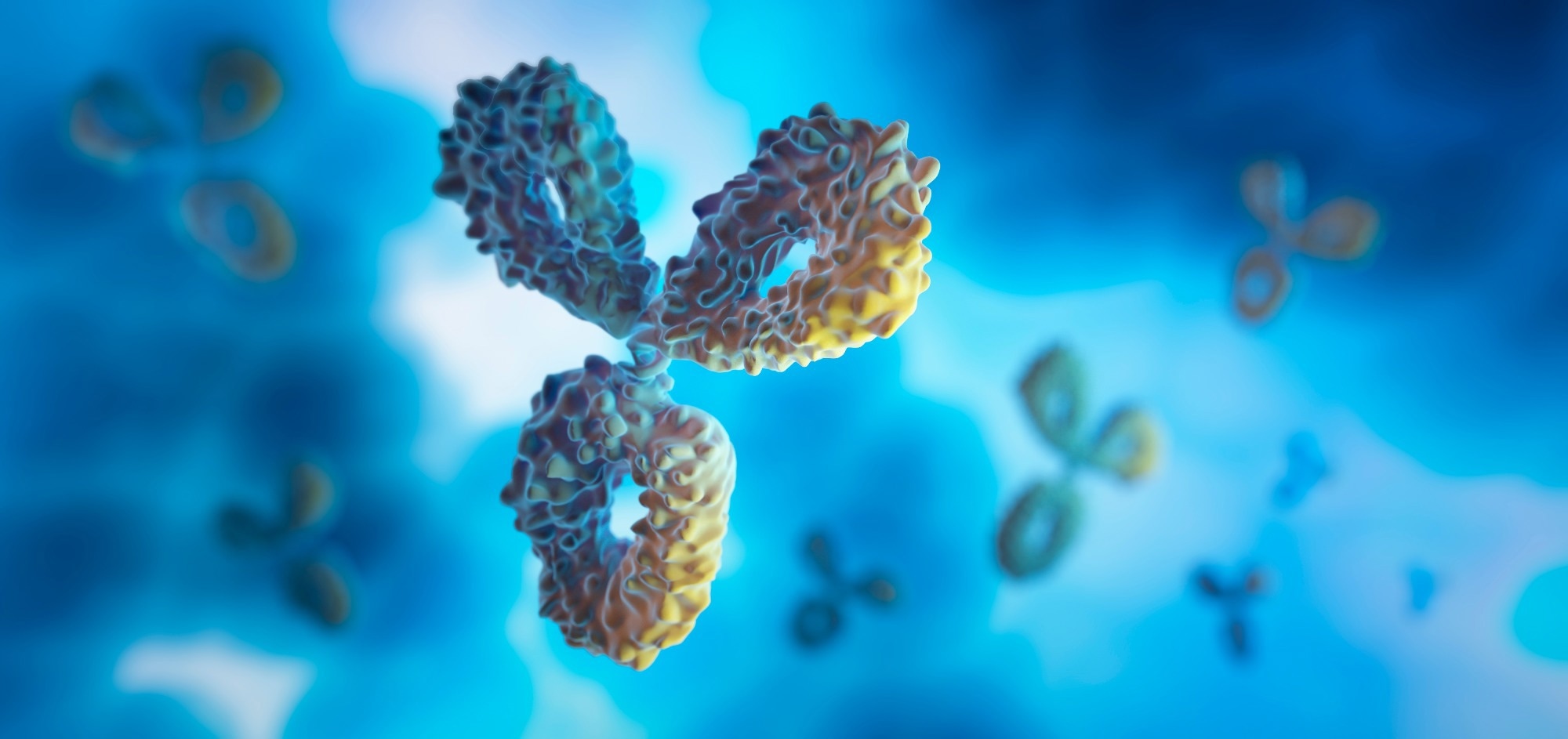 Predictors of long-term neutralizing antibody titers following COVID-19 vaccination by three vaccine types: the BOOST study. Image Credit: Shutterstock
Predictors of long-term neutralizing antibody titers following COVID-19 vaccination by three vaccine types: the BOOST study. Image Credit: Shutterstock
The study and findings
In the present study, researchers investigated and compared the durability of nAbs elicited by BNT162b2, mRNA-1273, and Ad26.COV2.S vaccines. Non-vaccinated healthy adults were recruited between March 6 and April 17, 2021, in the building optimal antibodies study (BOOST), an observational study, to identify predictors of the immune response to the SARS-CoV-2 vaccine series.
Participants were eligible if they were 18 or older, non-vaccinated, and willing to complete questionnaires and provide blood samples at baseline, one month, and six months after the last vaccine dose. Subjects were excluded if they were pregnant, receiving cancer treatment, taking medicines that affect the immune system, or had a history of immune-related diseases. However, participants were not excluded if they had a prior history of COVID-19.
Sociodemographic and behavioral factors, including age, sex, and smoking status, were self-reported by participants. Serum nAbs against SARS-CoV-2 were assessed using high-throughput pseudovirus neutralization assays. Anti-spike protein antibodies were quantified at baseline by enzyme-linked immunosorbent assay (ELISA). Anti-nucleocapsid antibodies were measured at one and six months. A linear mixed-effects model was fitted to log-transformed neutralization data.
Findings
The team recruited 534 participants; the final analytic sample comprised 498 subjects. Participant characteristics, except age, were not different by vaccine type. Ad26.COV2.S recipients were slightly older than others. Each vaccine generally increased neutralization at one and six months. Specifically, around 95% of participants showed nAbs at one month – 99.3% of BNT162b2, 99.3% of mRNA-1273 recipients, and 59.7% of Ad26.COV2.S recipients.
nAbs declined over time among those vaccinated with BNT162b2 or mRNA-1273 but increased among Ad26.COV2.S recipients. At the six-month follow-up, 93.5% of subjects had nAbs, including 97.9% of mRNA-1273, and 89.5% of Ad26.COV2.S, and 92.2% of BNT162b2 recipients. nAbs were 51- and 21-fold higher at one month among BNT162b2 and mRNA-1273 recipients, respectively, than Ad26.COV2.S vaccinees.
Participants vaccinated with the mRNA-1273 vaccine had 1.7-fold higher nAbs than those who received the BNT162b2 vaccine. At six months, Ad26.COV2.S vaccinees had higher 1.7-fold higher nAb responses than BNT162b2 recipients and 0.63-fold reduced nAbs than mRNA-1273 recipients. Consistently, mRNA-1273 recipients sustained (2.7-fold) higher nAb responses than BNT162b2 vaccinees at six months.
Sensitivity analyses restricted to SARS-CoV-2 infection-naïve participants (93% of the cohort) had similar findings. The authors identified several individual-level factors that predicated nAb durability over the six-month follow-up. Advanced age was associated with lower nAbs for BNT162b2 or Ad26.COV2.S recipients but not for those vaccinated with the mRNA-1273 vaccine, independent of the follow-up time point.
Increased baseline body mass index (BMI) was associated with lower nAb responses for individuals vaccinated with Ad26.COV2.S, but not for mRNA-1273 or BNT162b2 vaccinees. Females showed 1.3-fold increased nAb responses relative to males, regardless of time point or vaccine type. Moreover, non-smokers exhibited higher nAb responses than smokers. Anti-spike antibodies at baseline, suggestive of prior infection, were associated with increased nAbs post-vaccination, except for Ad26.COV2.S recipients at six months.
Conclusions
The researchers observed that mRNA vaccines initially elicited higher nAb responses than the adenovirus-vectored vaccine. However, nAbs significantly declined in mRNA vaccine recipients over six months. Contrastingly, there was a significant increase in nAbs over the six-month follow-up in Ad26.COV2.S recipients. Furthermore, nAb responses were higher in Ad26.COV2.S recipients than those vaccinated with the BNT162b2 vaccine.
mRNA-1273 recipients showed higher nAbs than BNT162b2 vaccinees and were not significantly different from those vaccinated with the Ad26.COV2.S vaccine. The authors also identified several factors associated with nAb durability. For example, smoking or being male was associated with lower nAbs regardless of the vaccine type. In addition, the effects of BMI and age differed by the type of vaccine.
The study’s limitations include the observational design and not randomizing participants to vaccine types. Besides, the neutralization assay was specific to the SARS-CoV-2 Wuhan strain. As such, nAbs against other variants could not be investigated. Taken together, the findings suggest that mRNA vaccines elicit robust initial nAb responses that decline with time. In contrast, despite being lower initially, the adenovirus-vectored vaccine-induced nAb responses catch up over time.

